Historic day for Muslim women: Shayara Bano on triple talaq verdict
Wed 23 Aug 2017, 17:01:11
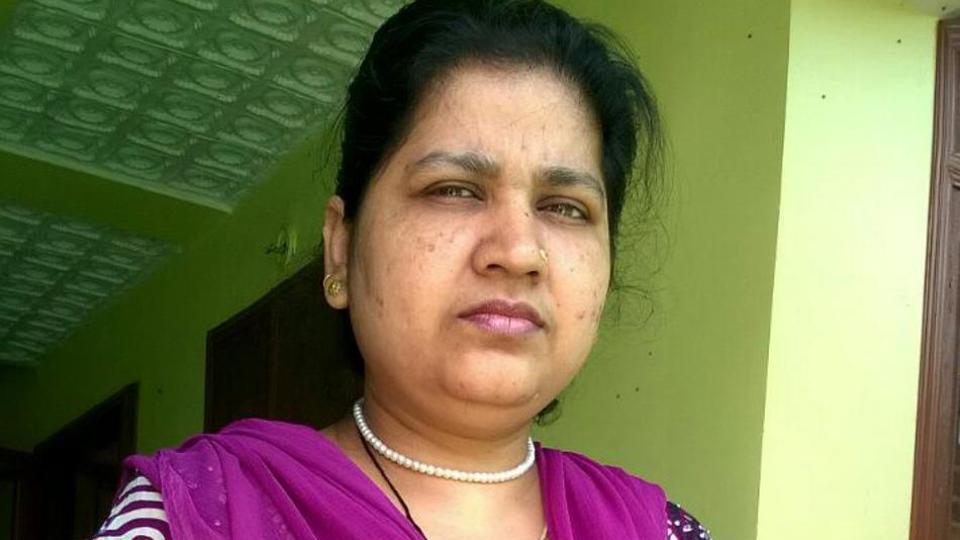
For Shayara Bano, the original petitioner in the triple talaq case, the Supreme Court’s verdict setting aside the unilateral practice was nothing short of a personal triumph.
“I have felt the pain of having my home broken. I don’t want other women to feel that way. It is a historic day for Muslim women,” exclaimed Ms. Bano, moments after the Court declared its judgment on triple talaq.
Though she regularly faced domestic harassment, after 13 years of marriage and two children, Ms. Bano’s life was shattered in October 2015 when she received a speed post from her husband, Rizwan Ahmed, a property-dealer based in Allahabad. The letter contained a pronouncement of instant triple divorce — talaq, talaq, talaq.
In 2016, spurred by the activism against triple talaq, Ms. Bano approached the Supreme Court with the demand that the ‘talaq-e-biddat’ pronounced by her husband be declared as void. She also contended that such an unilateral, abrupt and irrevocable form of divorce be declared unconstitutional.
Ms. Bano welcomed the SC’s verdict with the belief that it would bring justice to Muslim women, married or unmarried, who either bore the pain of triple talaq or lived in constant fear of it. The judgment would “give Muslim women freedom from the misuse of triple talaq,” she said.
Like Ms. Bano, Aafreen Rehman from Jaipur was also overjoyed at the verdict.
“I am very happy with the decision. It is a positive way forward,” said Ms. Rehman, also
a petitioner in the SC.
a petitioner in the SC.
Ms. Rehman, who was married in August 2014, was also divorced through triple talaq communicated to her through post. Though she is “yet to overcome the pain,” the verdict has brought her a new sense of hope.
Ms. Rehman says she now wants the government or Court to install “women-friendly” clauses into the procedure of divorce, based on the concept of mutual consent.
“If marriage happens with the consent of two people, then how can divorce be one-sided?” she asked.
Petitioners and women activists involved in the legal battle against triple talaq hailed the SC’s verdict.
Zakia Soman, one of the petitioners and co-founder of Bharatiya Muslim Mahila Andolan, which was at the forefront of the campaign, described the verdict as “historic” and “music to the ears” of Muslim women.
“It is the most forward-looking judgment in independent India,” said Ms. Soman, who is based in Mumbai.
Ms. Soman said she would now campaign for “a procedure to be laid down in consonance with the Talaq-e-Ahsan” form of divorce, in which the husband and wife maintain a 90-day separation period to validate the divorce called by the man.
“The 90-day period is not just for the sake of it. It is to give time to both parties to negotiate, and most importantly for the woman to have a say, to be duly compensated and provided for, if the divorce happens,” she said.
No Comments For This Post, Be first to write a Comment.
Most viewed from Specials
Most viewed from World
AIMIM News
Latest Urdu News
Most Viewed
May 26, 2020
Do you think Canada-India relations will improve under New PM Mark Carney?
Latest Videos View All
Like Us
Home
About Us
Advertise With Us
All Polls
Epaper Archives
Privacy Policy
Contact Us
Download Etemaad App
© 2025 Etemaad Daily News, All Rights Reserved.

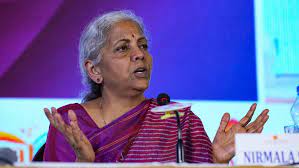













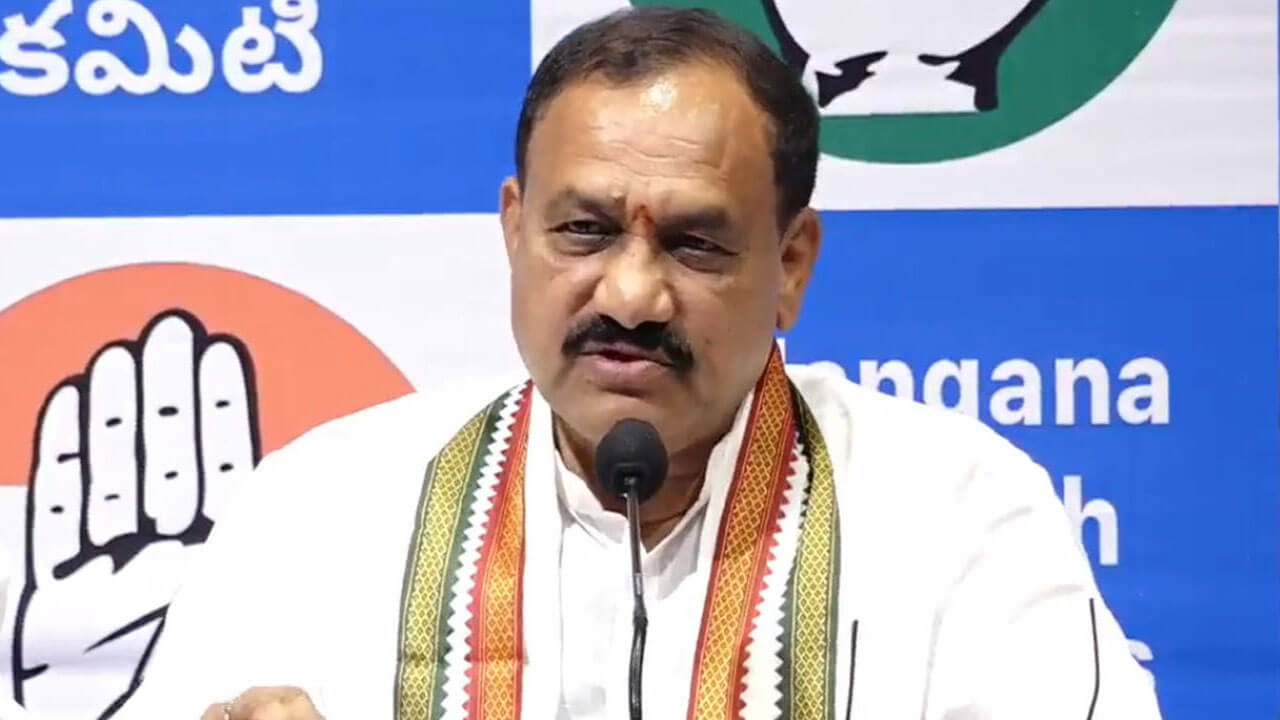

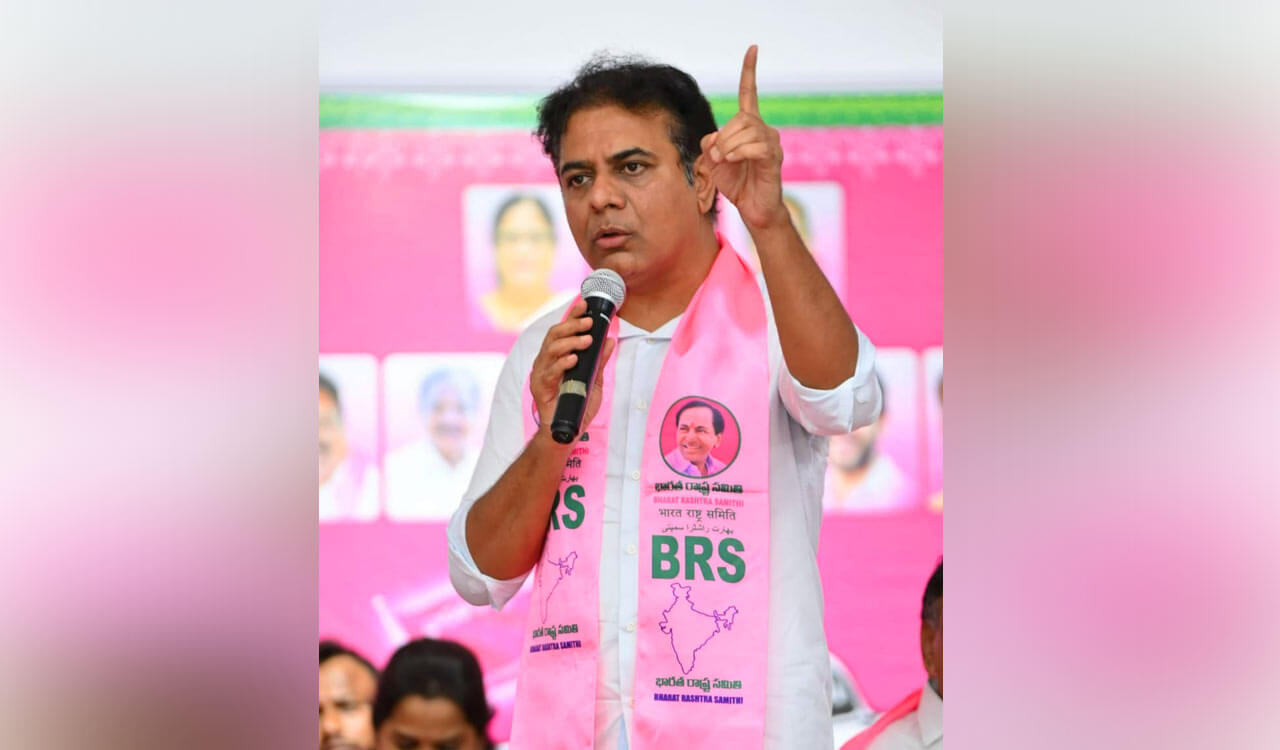

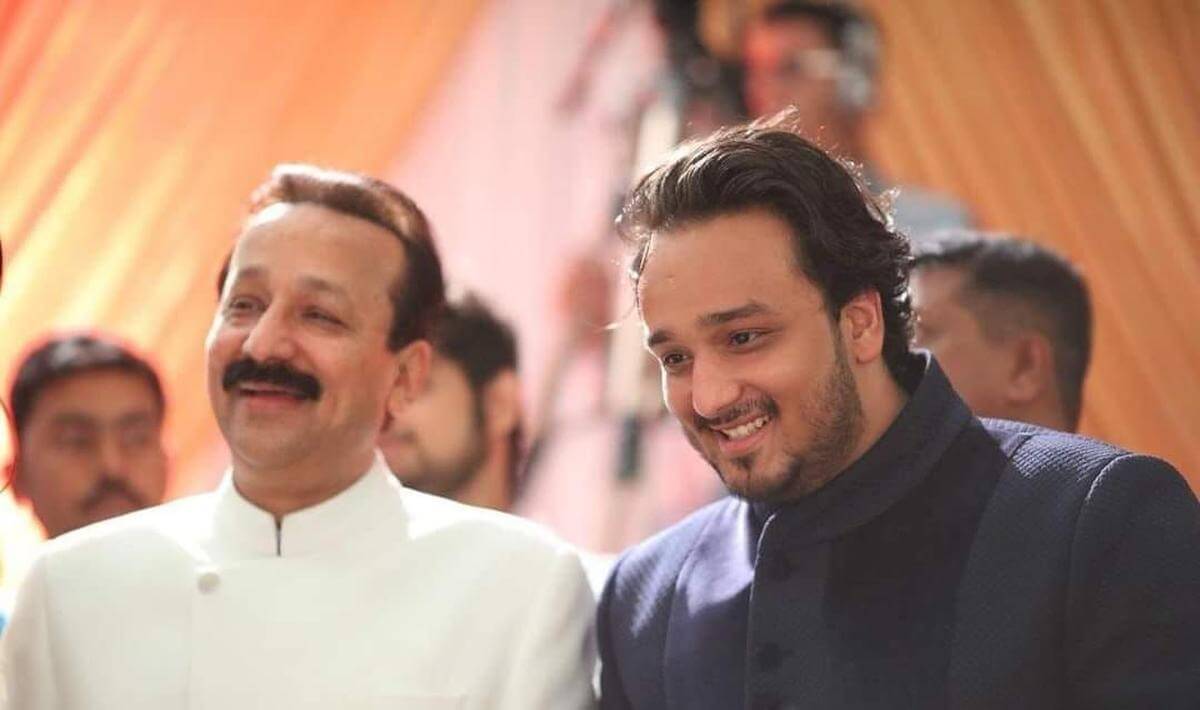
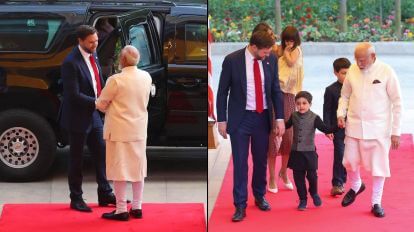
.jpg)
.jpg)
.jpg)
.jpg)

















